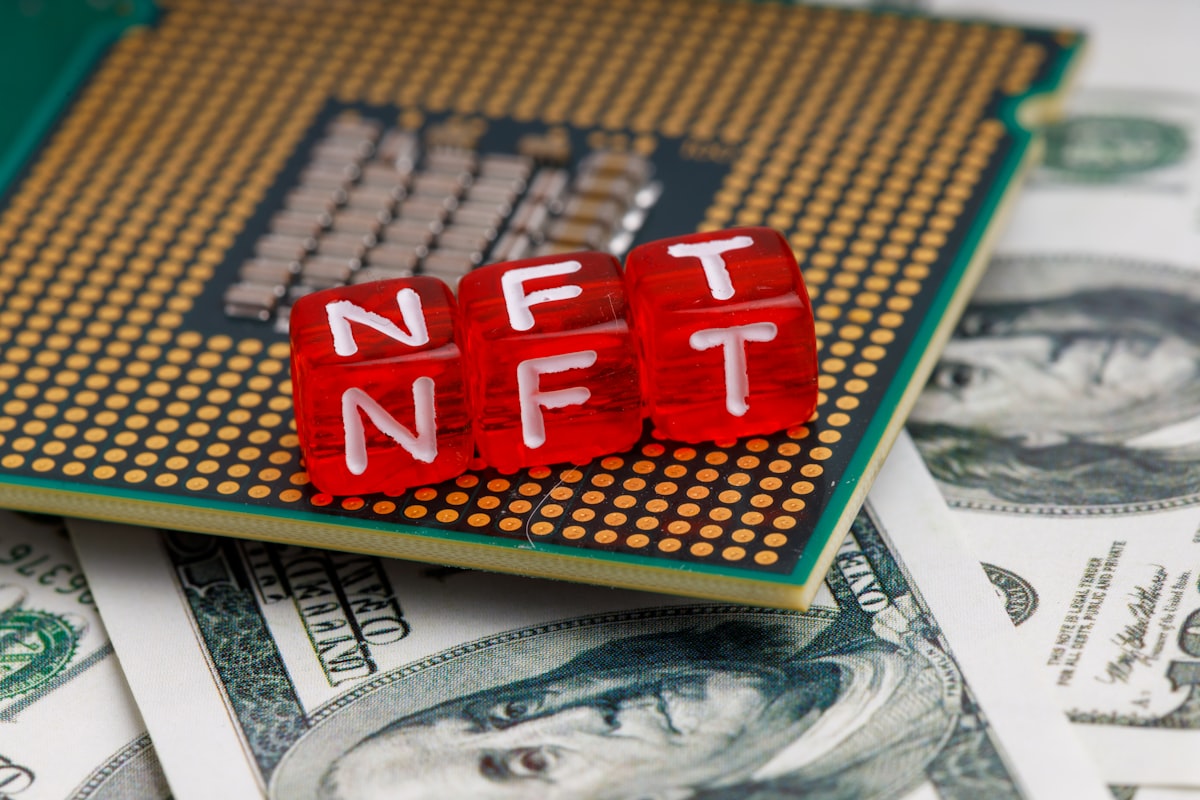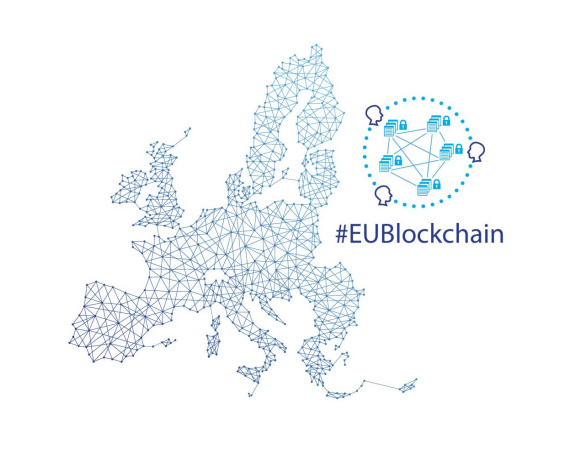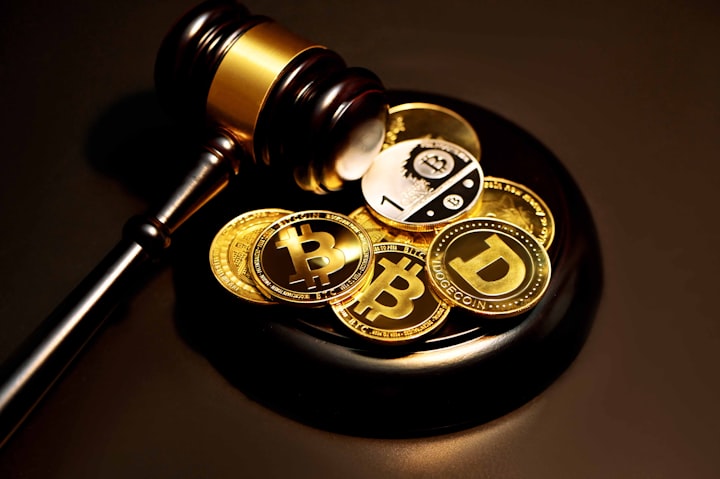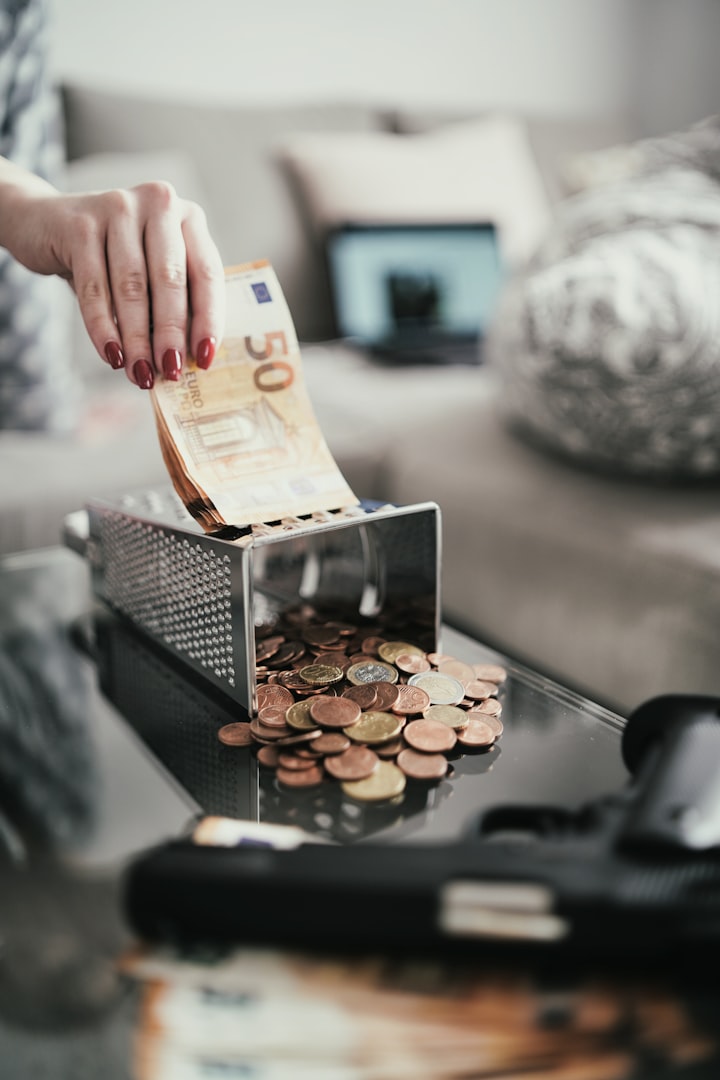From liquid exchangeable tokens to unique non-fungible tokens — a 360 spin?
As much as the fungible tokens opened a completely new space, non-fungible tokens will have, in my opinion, an even stronger impact on the industry.

The legal space has been active — but uncertainty remains
These days one needs to be somewhat of a geek to provide relevant legal advice to clients in the blockchain world. The legal industry, regulators and legislators have and are still struggling with legal aspects of blockchain business models, such as different blockchains, smart contracts, tokens, whitepapers, perhaps even a new religion. Sadly, the degree of regulatory uncertainty is still too high, and it is hampering the industry (which I have already written about before). Even questions related to Bitcoin, which has been around for quite some time, have not been cleared up.
Nevertheless, progress certainly has been made. In the USA, the SEC has been more and more convinced (and vocal) that they consider almost all tokens to be securities, and at the same time invited everyone, who wishes to sell tokenized securities, to come and talk to them. I applaud the SEC for this move, I believe that tokenized securities will be a game changer. Europe has also been very active. The EU has partnered with (USA based) Consensys and kicked of an EU Blockchain Observatory and Forum, numerous countries have issued some sort of ICO guidance[3] , almost all of them have issued warnings, and a number of them are in the process of public consultation.

Here come the cats
And while everyone was busy thinking whether a crowdsale of exchangeable and negotiable tokens to the public is a sale of securities, CryptoKitties showed up and conquered the wallets and hearts of many, as well as Ethereum’s whole processing power. In other words, before the industry managed to get its way around the fungible tokens, the crypto space did a 360 turn and invented non-fungible tokens.
The story gets even more interesting. CryptoKitties is actually a game in which players can buy, sell, trade, and breed digital cats. Yes, cats. Because players can breed different cats, each new cat is different from other cats. And cryptographic technology is used to do that. And because people like cats, they want to buy more and more of them, and breed them, and maybe also trade or sell them. I can’t wait for the regulators to start trying to understand this occurrence, in particular as whether there are security elements to it, or commodity. And how will we tax the cats?

Non-fungible tokens can facilitate a number of exciting use cases
As much as the fungible tokens opened a completely new space, non-fungible tokens will have, in my opinion, an even stronger impact on the industry. We have had solutions, giving similar effects to non-fungible tokens before, but a fungible token is opening a whole new world of opportunities and solutions. I believe that more various use cases will be found in the future for using non-fungible tokens.
And we can already see use cases of non-fungible tokens, such as the 0xcert protocol, which uses non-fungible tokens to create, own, and validate unique assets on the blockchain. Theoretically it can be used to validate any fact, such as academic certificates, personal identities, warranties, digitalized titles to unique real assets, such as arts, and any collectibles[2]. Of course this will bring a number of compliance challenges, mostly in the potential application of commodities regulation, privacy protection, consumer protection and tax.
I am excited about the non-fungible tokens as this creates a unique opportunity for utilization of blockchain technologies, as digitalisation (or tokenisation) of real world assets may deliver important improvements to how we record, keep and manage such assets. I encourage entrepreneurs and product designers to look into use cases and come up with products, which will utilize the underlying technology, and people will actually use them.
Nejc Novak, LL.M. (UCL)
This is not an investment or legal advice. All mentioned projects are mentioned here because they caught my attention in respect of utilisation of non-fungible tokens.
[1] Switzerland: https://www.finma.ch/en/news/2018/02/20180216-mm-ico-wegleitung/, Lithuania: http://finmin.lrv.lt/uploads/finmin/documents/files/ICO%20Guidelines%20Lithuania.pdf, Germany: https://www.bafin.de/SharedDocs/Veroeffentlichungen/EN/Meldung/2018/meldung_180213_ICOs_Hinweisschreiben_en.html, Estonia: https://www.fi.ee/index.php?id=21662, Gibraltar: http://www.gfsc.gi/dlt, Malta: http://opm.gov.mt/en/Documents/FSDEI%20-%20DLT%20Regulation%20Document.pdf
[2] Also Unico is exploring the digital collectibles space https://www.unico.global/.
This post was originally published on 12th June 2018 on From liquid exchangeable tokens to unique non-fungible tokens — a 360 spin? | by Nejc Novak, LL.M. (UCL) | Medium




